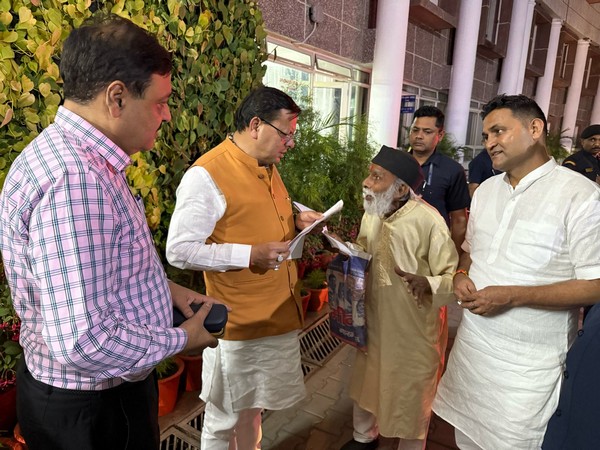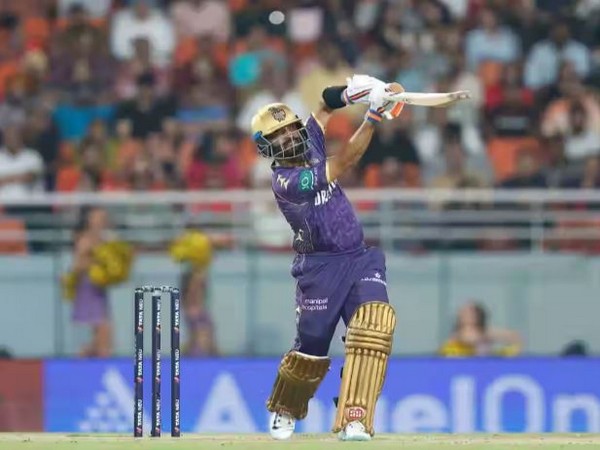"Ten-year election gap in J-K left the state far behind" says Ghulam Nabi Azad
Sep 16, 2024

Doda (Jammu and Kashmir) [India], September 17 : Ahead of Assembly elections in Jammu and Kashmir, Democratic Progressive Azad Party Chairman Ghulam Nabi Azad said that the ten-year gap in election in Jammu and Kashmir has left the state far behind in development.
Speaking to ANI, Ghulam Nabi Azad said "I strongly oppose the fact that elections were held after ten years. Till now there should have been two elections, one in 2019 and one now. Three elections were held for the Parliament and the no elections here left the state far behind."
He further mentioned that the rural areas of Jammu and Kashmir have been left behind in terms of development.
"Perhaps the ruling leaders would have seen only the hustle and bustle in the city, but our district Doda, district Ramban, district Kishtwar, or the far-flung areas in Kashmir have been left far behind," Ghulam Nabi Azad said.
He recalled the developmental works done under his Chief Ministerial term.
"In terms of development, I have built hundreds of schools and hospitals...They were built then and there were doctors and teachers in all of them."
He went on to compare the current situation in Jammu and Kashmir with the time when he was the Chief Minister, saying there used to be twenty teachers in high schools but today there is only one teacher, where there used to be 15 doctors there are only two doctors.
Earlier on Thursday, Ghulam Nabi Azad advocated for independent candidates contesting in the upcoming Jammu and Kashmir Assembly polls.
Addressing a public rally in Anantnag, Azad appealed that all the independent candidates should be made successful in the polls.
"Democracy means a system where everyone has the right to become Chief Minister. Some people from my party have left, but they are good people. I appeal that all independent candidates should be made successful," he said.
Notably, the 2024 Assembly elections will mark the first local elections in Jammu and Kashmir since the abrogation of Article 370. Elections will be held in three phases in September and October - September 18, September 25, and October 1 and the counting of votes will take place on October 8.

















